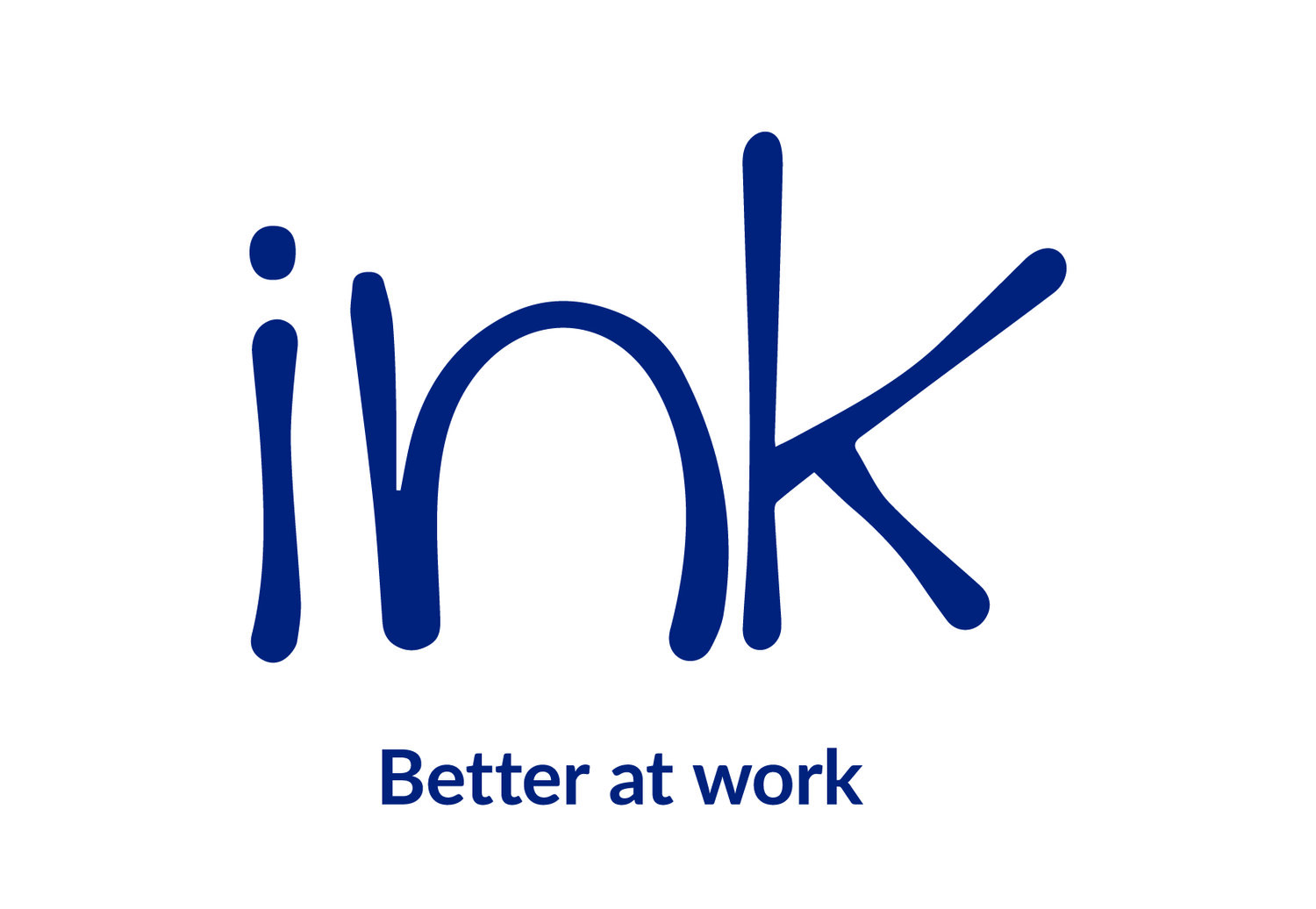Power to the people - ESG and Workplace Pensions
It has been a while since my last blog, on any subject. I could blame Covid-19 or just being too busy, but the truth is I have not felt moved to write about anything in the pensions and employee benefits world for a while…until now.
Having grown up on our family farm in Leicestershire I have always had a love for nature and the outdoors. Hiking trips to the Lake District with my parents fuelled my love of the mountains and I have been lucky enough in my lifetime to travel the world and seeing many incredible natural wonders.
My work has taken me into the world of Workplace Pensions, of default funds and investment governance, of global insurance companies and employers of all shapes and sizes.
It is only now that I am seeing these two worlds collide.
In our work at The Ink Group we provide Workplace Pension Governance reports to our clients and have seen a steady uptick in interest around Environmental, Social and Governance (ESG) issues over the past few years. In truth, the interest has been coming more from the asset managers we work with rather than our clients and their employees, which seems a bit odd.
However, I do sense that the tables are turning here and that we are all becoming more ‘connected’ to our money. Judging by my own approach to investing my pension and ISA I have thought more about ESG over the past year than in the previous 20! Reading about the launch of https://makemymoneymatter.co.uk/ has inspired me to put pen to paper and also to consider what actions I can take as both an individual investor and a business owner.
As an individual investor I have created an ‘investment horizon’ document that helps me plan my investment strategy primarily by timescale and tax wrapper. In doing this I have written down my own ESG philosophy. It is a bit simplistic now, but it’s a start and it means something to me, and I’ll develop it over time. I try to employ a combination of ‘positive screening’ (ruling specific investments out) and ‘selection’ (deliberately targeting specific investments), some examples include:
No oil & gas exploration (oil majors are a big part of energy transition so I cannot rule oil completely out).
Clean Energy – I am building exposure to this through ETFs.
Sustainable agriculture – with focus on habitat destruction (Brazil – shame on you).
No gambling – it is corrosive, addictive and has no place in my world.
China and Russia exposure – difficult one this, but I am trying to limit my exposure due to human rights violations and cyber-crime.
As a business owner I can make sure that ESG is firmly on the agenda for my clients. We are still on a learning journey as a business as to what our ESG ‘stance’ should be. Are we neutral, just facilitating the debate with our clients and their employees, or do we stand for something? That is all stuff we are going to be working out as a team, but at least we are talking about it.
We have been impressed with ShareAction and have used much of their content to help educate clients and ourselves on this subject. We have also been impressed with a number of asset managers and their approach to embedding ESG issues into Workplace Pensions – shout out to Legal & General, NEST and Aviva.
Going back to the original inspiration for this blog, Make My Money Matter seems to tap into the most powerful force of all, individuals joining to create a movement and effect change. I really feel strongly from a personal and professional standpoint that the custodians of our money (banks, insurers and asset managers) should engage more with us to ensure that our money is invested responsibly and is a positive force for change. This starts as influence (financial institutions own a significant percentage of UK listed companies) but should grow to become action.
Wouldn’t it be great if more of the world’s asset managers simply stopped investing in Brazil until it agreed to stop destroying the Amazon rainforest? What about recent modern slavery allegations up the road in Leicester, and their links to Boohoo, the online fashion retailer? What about energy emissions, waste management, health and safety, employee relations, diversity, executive pay, conflicts of interest?
Investors have the power to drain funding from companies that don’t meet up to their ESG requirements, but what we really need is two key groups working together to effect positive change – educated individual investors and pro-active asset managers.
For my part, I am making a personal commitment to dramatically raise the profile of ESG in the way that I invest my own money, and the way I advise my clients to manage their pension schemes.
